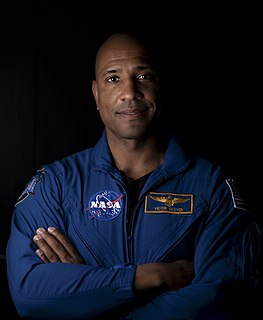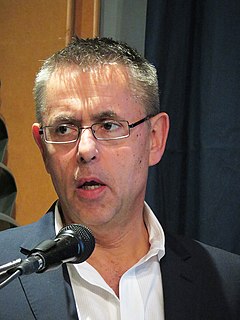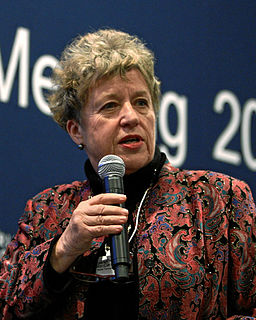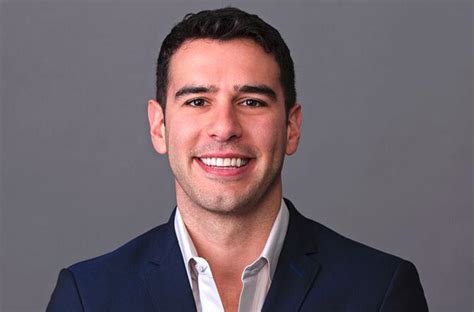A Quote by Pierre Poilievre
This pandemic has provided an opportunity to reset. This is our chance to accelerate our pre-pandemic efforts to reimagine economic systems, that actually address global challenges like extreme poverty, inequality and climate change.
Related Quotes
I have to say that if our global alliances are going to be alliances with Hezbollah and Hamas and Hugo Chavez's Venezuela and Vladimir Putin's Russia, there is absolutely no chance of building a world-wide alliance that can deal with poverty and inequality and climate change and financial instability, and we've got to face up to that fact.
There's never been a pandemic which hasn't exploited a change in the way we live - politics, social structure, technological change, warfare, it's always something that we humans have done or are doing that's tilled the soil for the pandemic and the solution to it is usually social, behavioural and political.
We should condemn as unjust a global economic order that leads to ever-increasing economic disparities - provided this effect is foreseeable and provided it is also avoidable through some alternative institutional design that would foreseeably lead to much less poverty and inequality. Those involved in designing or imposing the existing rules are collectively responsible for the resulting excess deprivations and human rights deficits.
In a world where millions of human beings live in extreme poverty, die of malnutrition and lack medical care, where pandemics continue to kill, it is imperative to pursue good faith disarmament negotiations and to shift budgets away from weapons production, war-mongering, surveillance of private persons and devote available resources to address global challenges including humanitarian relief, environmental protection, climate change mitigation and adaptation, prevention of pandemics, and the development of a green economy.
Global poverty is a complex web of interlinked problems. There is no one 'silver bullet' that will solve global inequality. Multiple contributing factors must be tackled in parallel. Yes, education alone is unlikely to lead to employment without economic reform to address the demand side in much of the developing world.
The specter of climate change threatens worsening natural disasters, rapid urbanization, forced migration, and economic hardship for the most vulnerable. Despite significant global advances, inability to effectively address epidemics and health emergencies still prevail and continuously threaten global health security and economic development.
































